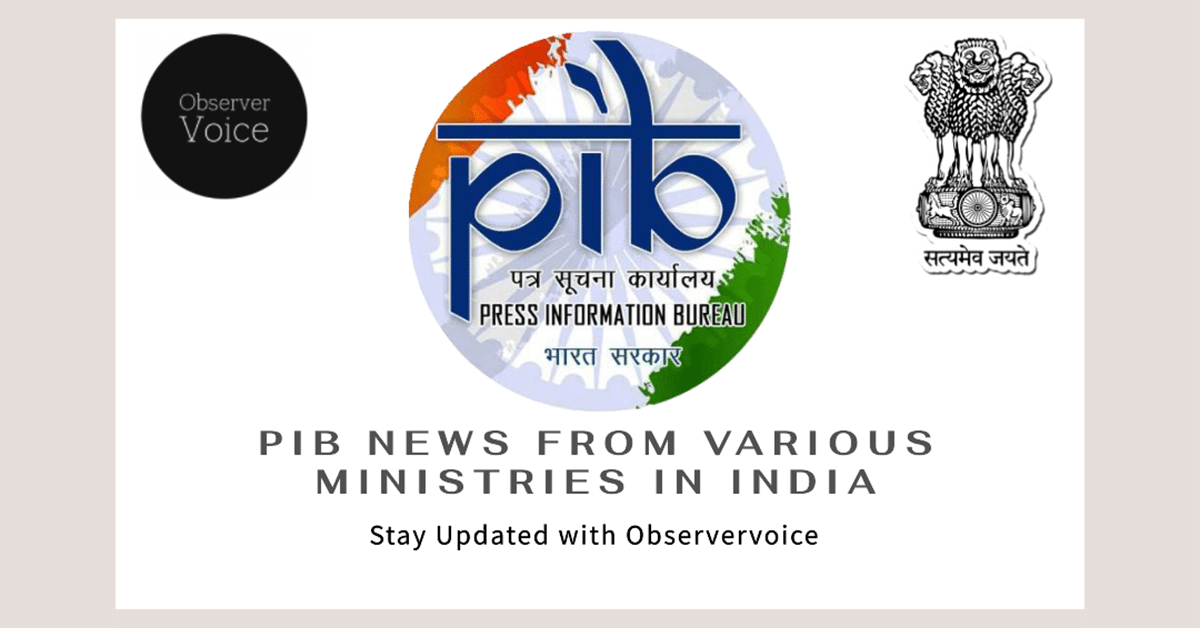Global Cooperative Conference 2024: A New Era for Cooperatives

Prime Minister Narendra Modi inaugurated the Global Cooperative Conference 2024 at Bharat Mandapam in New Delhi. This significant event also marked the launch of the United Nations’ International Year of Cooperatives 2025. During the ceremony, a commemorative postal stamp was released to celebrate this occasion. The event was attended by notable figures, including Union Home Minister Amit Shah, the Prime Minister of Bhutan, the Deputy Prime Minister of Fiji, and the President of the International Cooperative Alliance (ICA). Their presence underscored the importance of cooperation in addressing global challenges.
The Significance of the International Year of Cooperatives
Union Home Minister Amit Shah emphasized the importance of the United Nations’ decision to designate 2025 as the International Year of Cooperatives. He described this initiative as a timely step that would benefit millions of poor people and farmers worldwide. Shah noted that the inauguration of this year by Prime Minister Modi and the hosting of the International Cooperative Conference in India are pivotal moments for the cooperative movement.
Shah highlighted that the theme of the conference, “Sahkar Se Samriddhi,” reflects the essence of cooperation. This theme aims to promote prosperity among villages, women, and farmers. Over the past three years, India has witnessed a revival in its cooperative sector. This revival has brought new energy and opportunities for growth. The government is committed to expanding the cooperative movement to ensure that every village and farmer can benefit from it.
Advancements in India’s Cooperative Sector
Amit Shah pointed out that significant advancements have been made in India’s cooperative sector since the establishment of the Ministry of Cooperation three years ago. He announced plans to create 200,000 new Primary Agricultural Credit Societies (PACS) within the next three years. This initiative aims to ensure that no village panchayat in India is without a cooperative society.
To modernize and enhance the viability of PACS, the government is implementing various technological and economic measures. Shah introduced three new cooperative bodies at the national level: National Cooperative Exports Limited (NCEL), National Cooperative Organics Limited (NCOL), and Bharatiya Beej Sahakari Samiti Limited (BBSSL). These organizations will help farmers access both domestic and global markets, thereby increasing their participation in world trade.
Shah also cited successful examples from the cooperative sector, such as the Indian Farmers Fertiliser Cooperative (IFFCO), Krishak Bharti Cooperative (KRIBHCO), and Amul. These cooperatives have set benchmarks in the industry and will serve as models for others worldwide.
Future Plans for Cooperatives in India
Looking ahead, Amit Shah outlined ambitious plans for the future of cooperatives in India. He mentioned the establishment of a cooperative university aimed at creating trained and tech-enabled human resources. This initiative will help develop a skilled workforce to support the cooperative movement.
Shah reiterated the government’s commitment to expanding the reach of cooperatives to every village and farmer. He emphasized that the cooperative movement has opened new avenues for empowering villages, farmers, women, and the underprivileged. The goal of “Sahkar se Samriddhi,” envisioned by Prime Minister Modi, is to uplift these communities and enable them to live with dignity and respect.
The International Year of Cooperatives, inaugurated by Prime Minister Modi, is expected to pave the way for significant advancements in the cooperative sector. It aims to empower millions of people worldwide, ensuring that they can participate in economic growth and development. The government’s proactive approach and commitment to cooperatives signal a promising future for this vital sector.
Observer Voice is the one stop site for National, International news, Sports, Editor’s Choice, Art/culture contents, Quotes and much more. We also cover historical contents. Historical contents includes World History, Indian History, and what happened today. The website also covers Entertainment across the India and World.

